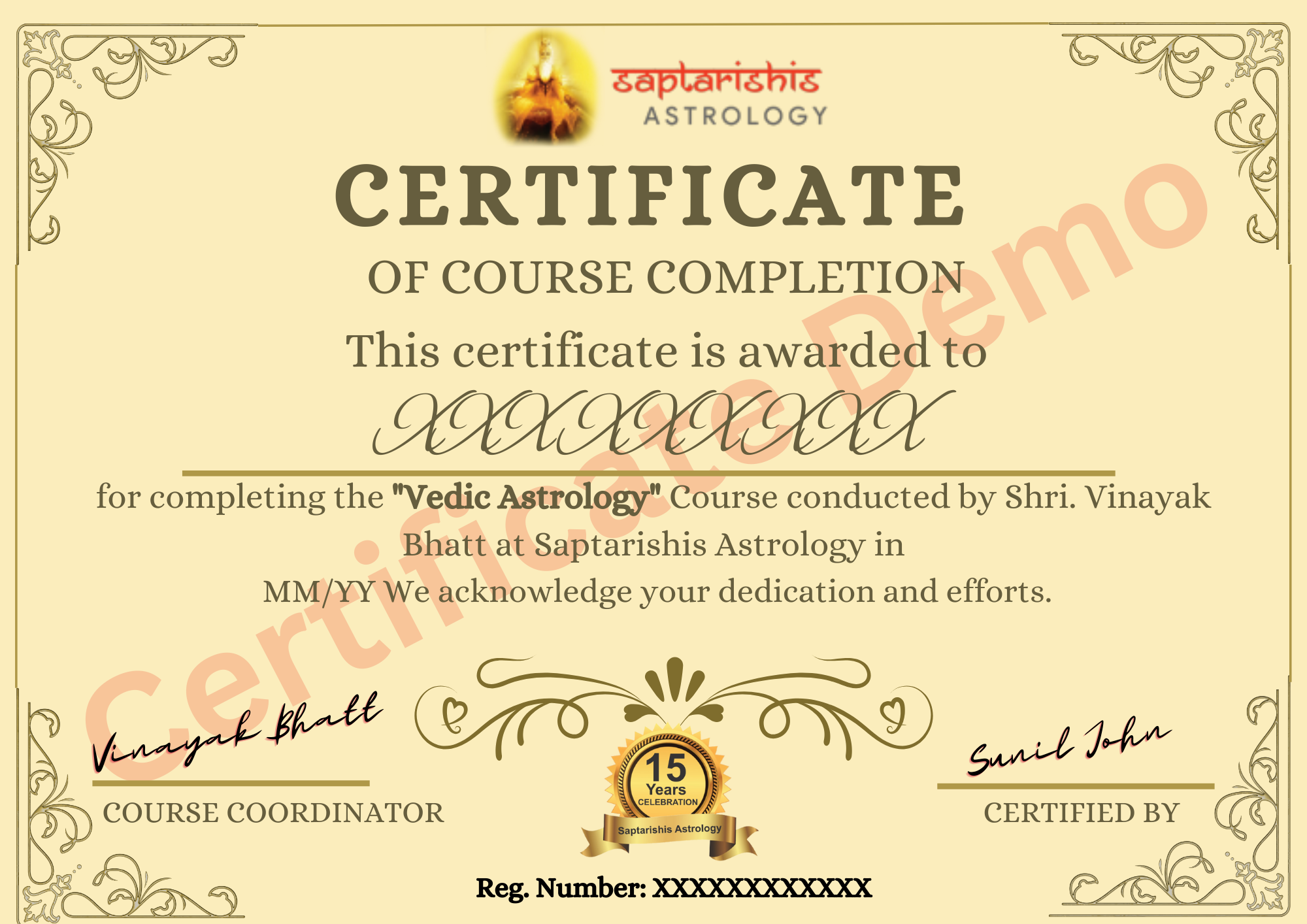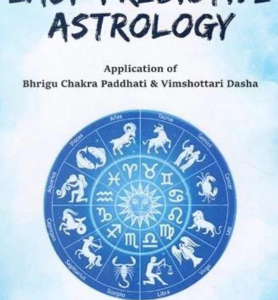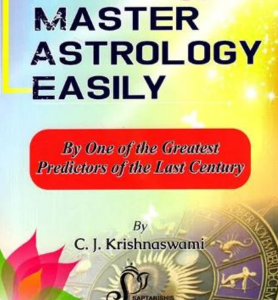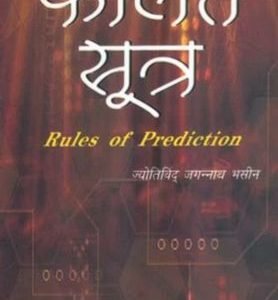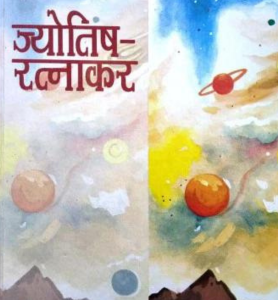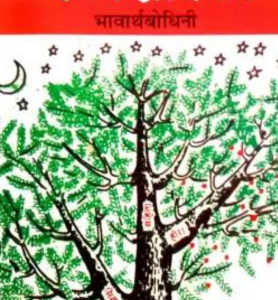A: Studying Vedic astrology can open doors to a variety of career opportunities, both within and beyond the field of astrology. Here are some potential career paths:
1. Professional Astrologer: With in-depth knowledge of Vedic astrology, you can establish yourself as a professional astrologer, offering personal consultations, chart readings, and guidance to clients seeking insights into their lives, relationships, and future.
2. Astrology Counseling: Specialize in providing counseling services using astrological insights. This may include advising individuals on personal development, relationship dynamics, and life path decisions based on their birth charts.
3. Teaching and Training: Share your expertise by becoming an astrology instructor. You can conduct workshops, webinars, or even develop and teach comprehensive astrology courses, helping others navigate the fascinating world of Vedic astrology.
4. Authorship and Blogging: If you enjoy writing, you can explore opportunities in authoring books, blogs, or articles on Vedic astrology. Sharing your knowledge through writing can help build your reputation and reach a wider audience.
5. Media and Broadcasting: Participate in radio shows, podcasts, or television programs as an astrology expert. This avenue allows you to communicate astrological insights to a broader audience and establish yourself as a credible source in the media.
6. Astrological Software Development: Combine your technical skills with astrological expertise to develop astrology software. This field is continually evolving, and there is a demand for professionals who can create user-friendly tools for astrological analysis.
7. Wellness and Alternative Healing: Integrate Vedic astrology into holistic wellness practices. You may collaborate with wellness centers, yoga studios, or alternative healing spaces to provide astrologically-informed guidance for overall well-being.
8. Event Planning and Timing: Specialize in Muhurta, or electional astrology, to assist individuals in choosing auspicious times for events like weddings, business launches, or other significant life occasions.
9. Astrological Research and Writing: Contribute to the field through research and scholarly writing. Publishing research articles or contributing to academic journals can deepen your understanding and contribute to the evolution of Vedic astrology.
10. Collaboration with Other Professions: Combine your astrological knowledge with other professions, such as psychology, counseling, or life coaching, to offer integrated services that address both psychological and astrological dimensions.
Studying Vedic astrology can lead to a diverse range of career opportunities, allowing you to choose a path that aligns with your interests, skills, and aspirations. The key is to explore and leverage your unique blend of talents in conjunction with your astrological expertise.






